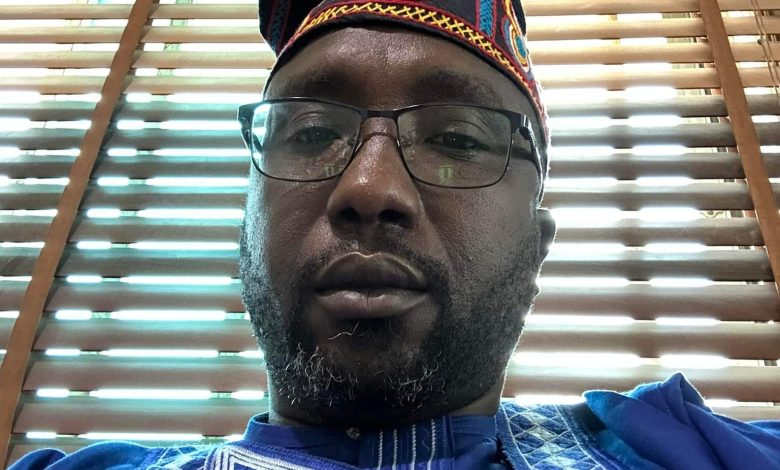Opinion: Yoruba Ni Mi ! -By Adekunle Adebayo Ayoola

The Yoruba tribe is one of the largest ethnic groups in West Africa, with a population of over 50 million people. They are primarily found in Nigeria, Benin, and Togo, and are known for their rich cultural heritage and unique traditions. In this short essay, we will explore the uniqueness of the Yoruba tribe, including their language, religion, art, and social organization.
One of the most distinctive features of the Yoruba tribe is their language. Yoruba is a tonal language, which means that the meaning of a word can change depending on the tone in which it is spoken. This makes Yoruba a challenging language to learn for non-native speakers, but it also adds to its beauty and complexity. Yoruba is also a language that is rich in proverbs and idioms, which are used to convey wisdom and cultural values.
Another unique aspect of the Yoruba tribe is their religion. The Yoruba religion is a blend of traditional African beliefs and practices, as well as elements of Christianity and Islam. The Yoruba believe in a supreme being called Olodumare, who is responsible for creating the universe and all living things. They also believe in a pantheon of deities known as orishas, who are associated with different aspects of nature and human life. The Yoruba religion is characterized by elaborate rituals, music, and dance, which are used to honor the orishas and connect with the spiritual world.
The Yoruba are also known for their art, which includes sculpture, painting, and textiles. Yoruba art is often characterized by its intricate designs and use of symbolism. Yoruba sculptures, for example, are often carved with images of orishas or other spiritual beings, and are used in religious ceremonies and festivals. Yoruba textiles, on the other hand, are known for their vibrant colors and intricate patterns, and are often used to make clothing and other decorative items.
Finally, the Yoruba tribe is unique in its social organization. The Yoruba are organized into a system of kingdoms and city-states, each with its own ruler or oba. The oba is responsible for maintaining order and justice within his kingdom, and is also responsible







